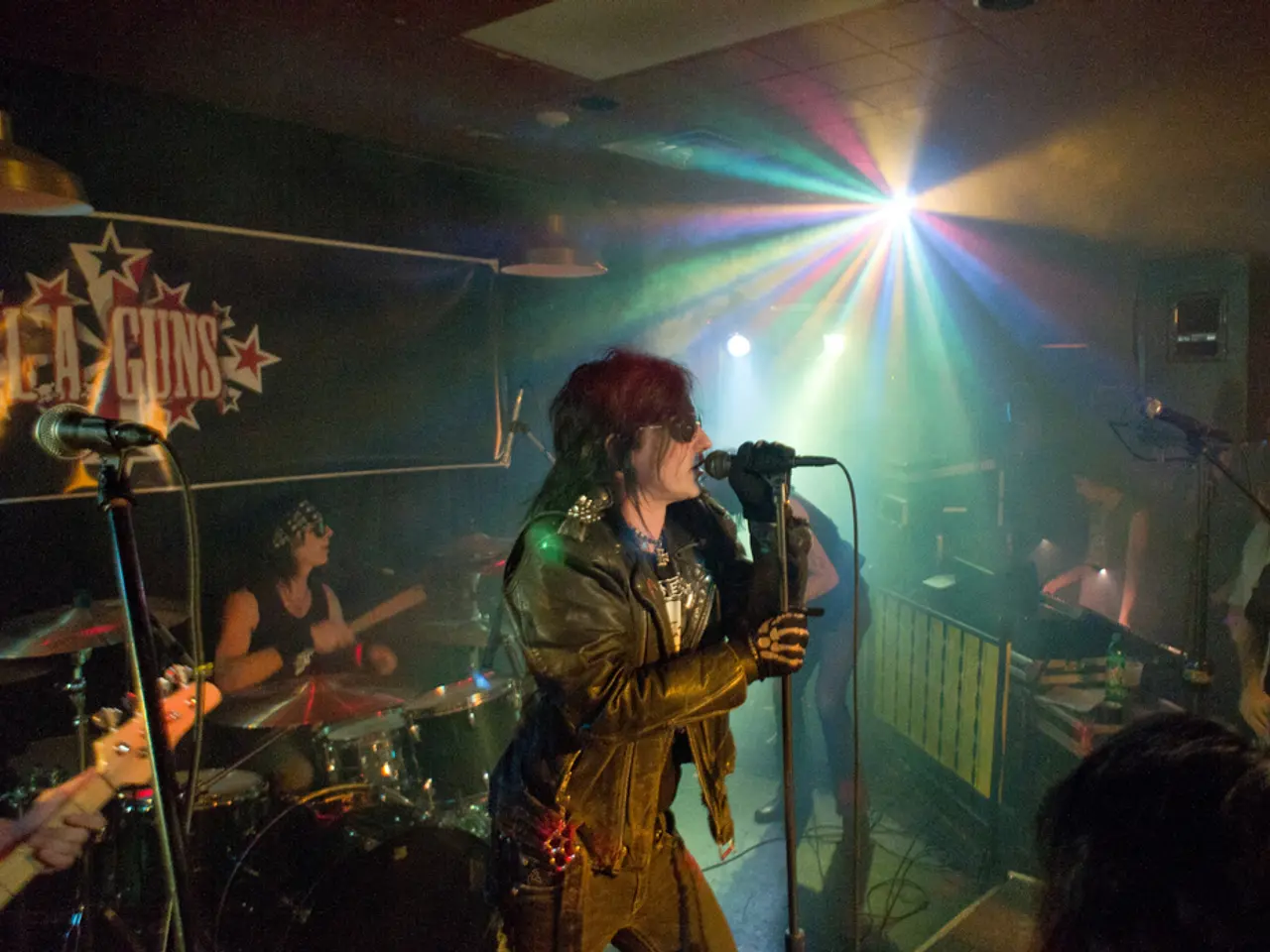Russian airbase and military plant under alleged Ukrainian assault
In the ongoing conflict between Ukraine and Russia, the battlefield has expanded to include the skies, with drone warfare taking centre stage. Here's a rundown of the latest developments:
Ukrainian Forces Repel Russian Attacks Along the 1,000-kilometer Front Line
The Ukrainian military continues to face relentless attacks from Russian forces along the 1,000-kilometer front line. However, the morale of Kyiv has been boosted significantly by the success of the "Spiderweb" operation.
The "Spiderweb" Operation: A Game-Changer
On 1 June, Ukraine employed drones in the "Spiderweb" operation, striking multiple Russian air sites. The raid destroyed or damaged many of the bombers used by Moscow to launch aerial attacks on Ukraine. The operation also targeted long-range bombers throughout Russia, from the Arctic Kola Peninsula to Siberia.
Ukrainian Drone Attacks on Russian Infrastructure
Ukrainian drone attacks on Russian infrastructure have included strikes on oil depots and military production sites, such as the Primorsko-Akhtarsk military airbase in Krasnodar Krai, which reportedly caught fire following a drone attack.
Impact of Ukrainian Drone Strikes
The impact of these Ukrainian drone strikes, including those on energy and military infrastructure, serves to degrade Russia’s logistical and military production capabilities and complicates Russian operational planning. However, the exact operational or strategic impact of attacks on specific facilities like the Novokuibyshevsk oil plant or the Elektropribor military plant has not been confirmed or detailed by open sources.
Drone Strikes on Russia
In early August, Ukrainian forces conducted a series of long-range drone strikes targeting energy infrastructure within Russia. While specific mention of Novokuibyshevsk or Elektropribor is not present in detailed public assessments, a drone strike targeted one of the industrial facilities in Novokuibyshevsk, causing disruption. Operations at the Samara airport were suspended following the drone strike.
Ukraine's Claims and Russian Response
Ukraine has claimed responsibility for a drone attack on the Elektropribor plant in Penza, Russia, which is said to work for the Russian defense industry. In response, Moscow's naval fleet was forced to redeploy from Russian-occupied Crimea due to strikes earlier in the war.
Casualties and Collateral Damage
The conflict has taken a heavy toll on both sides. In Kherson, a Russian airstrike left a 68-year-old lady dead and two others injured. Two people were also killed overnight in Kherson by Russian shelling. Internet service was restricted across the Samara Oblast following the drone strike.
In conclusion, while major Ukrainian drone strikes against Russian military and energy infrastructure are ongoing and impactful, precise information about attacks on specific facilities like the Novokuibyshevsk oil plant or the Elektropribor military plant is not currently available in publicly accessible reports. The broader context shows an escalation in drone warfare on both sides, affecting the dynamics of the ongoing conflict.
- War-and-conflicts and politics have become intertwined as the ongoing conflict between Ukraine and Russia continues to escalate, with a focus on drone warfare taking center stage in strategic planning.
- The general-news domain has been abuzz with stories about sports and sports-betting taking a backseat, as the consequences of these drone strikes on Ukraine's energy and military infrastructure, as well as Russia's response, pose significant implications for both countries' operational capabilities.
- Crime-and-justice cases have surfaced in the aftermath of this conflict, with casualties and collateral damage on both sides creating legal avenues for investigation and potential accountability, while the impact of drone strikes on civilian populations has raised concerns about human rights violations.








